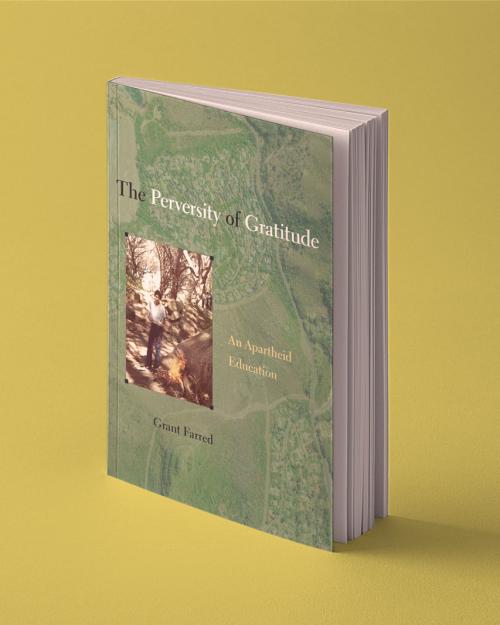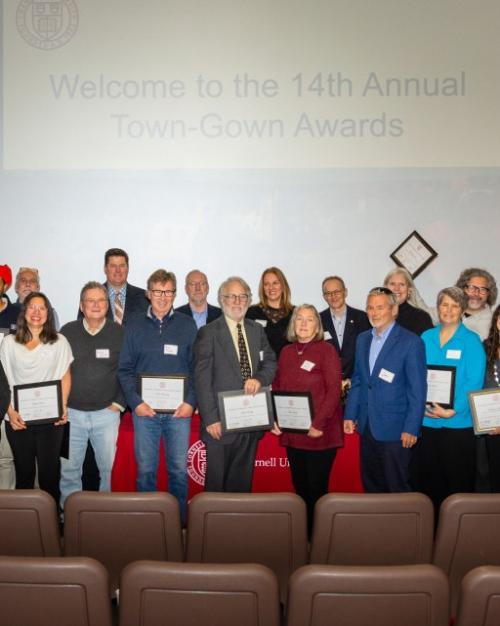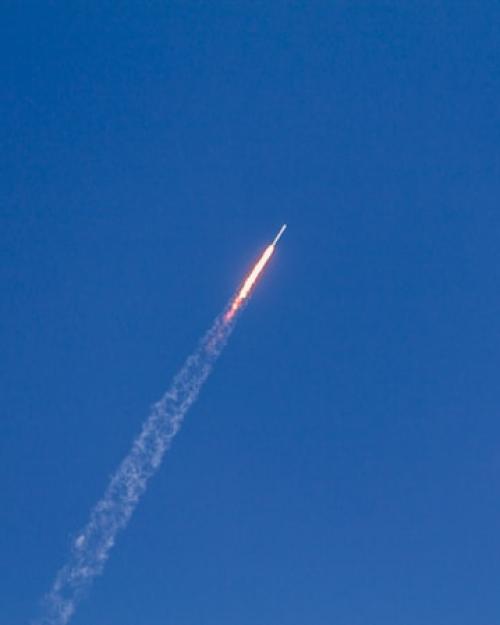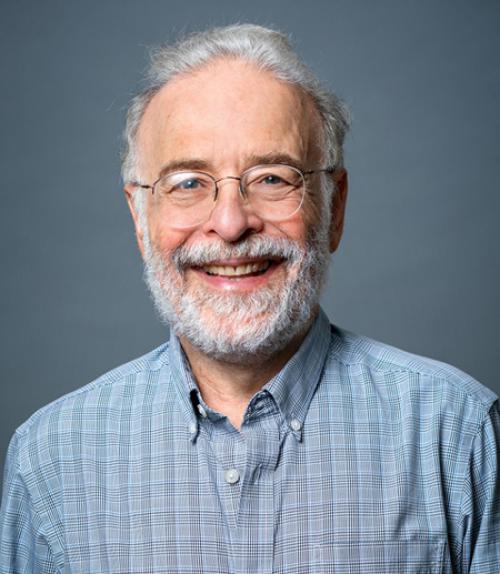The elections of Abruña and McCouch bring to 62 the number of Cornell professors past and present – including Nobel laureates Hans Bethe (physics), Roald Hoffmann (chemistry) and Harold Varmus (Weill Cornell Medicine) – who have been elected to the academy since its inception in 1863.
The Abruña group’s interdisciplinary research addresses problems of electrochemical interest, with current emphasis on fundamental studies of battery and fuel cell systems to molecular electronics. The group uses standard electrochemical techniques in addition to X-ray and various microscopy methods and a variety of spectroscopic techniques.
The group also synthesizes novel, tailored inorganic complexes and organic battery materials to drive discovery of new chemical and electrochemical properties. Their latest work, “Direct Visualization of Sulfur Cathodes: New Insights into Li-S Batteries Via Operando X-Ray Based Methods,” was published in January in Energy and Environmental Science.
McCouch’s lab investigates natural variation in the rice genus Oryza, focusing on how it evolved, how it is distributed in both domesticated and wild species, how it conditions complex phenotypes, and how it can be efficiently used in rice improvement.
Her lab has pioneered studies demonstrating that low-yielding wild and exotic Oryzaspecies harbor genes and quantitative trait loci that can be used to enhance the performance of modern, high-yielding rice cultivars. That work led to the development of a nutritious red rice cultivar, announced earlier this year.
The newly elected members bring the total number of active members to 2,382. The NAS also elected 21 foreign associates – nonvoting members with citizenship outside the U.S. – bringing that total membership to 484.
This story also appeared in the Cornell Chronicle.




